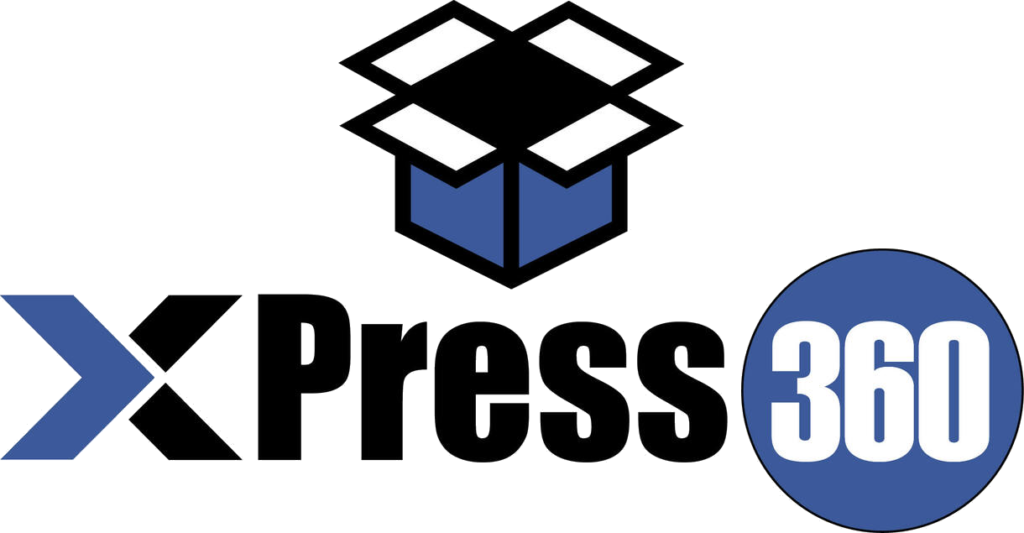Running a business is like sailing a ship. You need a strong and dedicated crew to navigate through rough waters and reach your destination. But what happens if your crew isn’t fully invested in the journey? They might steer the ship off course, ignore safety protocols, or even jump ship.
That’s why employee engagement is crucial for the success of any business. Just like a captain needs a committed and skilled crew, you need a team of motivated and engaged employees to navigate your business toward growth and prosperity.
In this post, we’ll explore the importance of employee engagement in the manufacturing industry and provide practical tips to keep your crew on board and course.
What Does Employee Engagement Look Like In Manufacturing?
Employee engagement in manufacturing is the extent to which employees are committed to their work, feel passionate about their job, and are willing to go above and beyond to contribute to the company’s success. Engaged employees are more likely to stay with the company for the long term, have higher job satisfaction, and are less likely to experience a work-related incident.
Not to mention, a motivated and engaged workforce contributes to the overall success of the company showing a 17% increase in productivity. When employees feel valued, appreciated, and supported by their managers, there is an increase in job satisfaction, productivity, and innovation—all of which are essential for the success of a manufacturing business.
How To Improve Employee Engagement in Manufacturing
Employee workload is an important factor to consider when it comes to employee engagement. Heavy workloads can lead to burnout, which can significantly reduce productivity and motivation. It’s important to ensure that employees have manageable workloads, adequate resources, and support to fulfill their tasks.
Additionally, engaging with employee ideas and opinions can foster a sense of belonging and encourage active participation in decision-making. By providing opportunities for feedback, employees feel valued and empowered, which contributes to higher engagement levels.
Furthermore, recognizing and rewarding employees for their hard work and achievements is a simple but effective way to improve engagement. This can range from verbal recognition to bonuses or other incentives, demonstrating to employees that their contribution is valued and appreciated.
Employee Engagement Ideas For The Manufacturing Industry
Utilizing these employee engagement activities in the manufacturing industry can have a positive impact on your workplace culture and help build a motivated and productive team.
Treat Employees With Respect
Respect is essential for employee engagement, and treating employees with respect from the top down can help build an environment of trust and collaboration.
Start by creating a zero-tolerance policy for discrimination and harassment, as well as implementing regular training sessions. Plus, provide regular feedback and constructive criticism to help employees grow and develop.
Appreciate Employee Recommendation
When employees feel that their opinions are valued and their voices are being heard, they are more likely to be invested in the success of the company while improving productivity in the workplace. Listening to recommendations by those working the floor such as machine operators can also be an excellent source of innovation and can lead to process improvements or new product ideas that can ultimately benefit the company’s bottom line.
But it’s not enough to simply listen to employee ideas; managers must engage with them sincerely if they hope to maintain worker enthusiasm. This means taking time to provide feedback and follow up on the recommendations made by employees. It also means being willing to implement changes based on employee feedback, even if those changes are outside of the manager’s comfort zone or require significant resources. By engaging with employee recommendations sincerely and thoughtfully, managers can foster a culture of trust and collaboration that will benefit the entire company.
Improve Your HR Team
When it comes to improving employee engagement in the manufacturing industry, it’s crucial to have a supportive and approachable HR team that genuinely listens to employee concerns and ideas.
Research has shown that when HR teams are responsive, compassionate, and empathetic, employees are more likely to feel valued and appreciated. They are also more likely to be motivated and productive in their work.
Having an HR team that actively seeks to understand employee needs can also help companies identify areas for improvement. For example, HR teams can conduct surveys to gather feedback on benefits packages, training programs, and overall job satisfaction.
Look Towards More Flexible Scheduling
In recent years, more and more companies in the manufacturing industry have been looking towards more flexible working arrangements. This could include offering employees the option to work remotely, providing flexible hours or even allowing employees to take unpaid leave when needed.
These types of arrangements not only make it easier for employees to manage their personal lives but also make them feel valued and appreciated. Plus, flexible scheduling can help decrease employee stress levels, which in turn, can lead to increased productivity and engagement.
Make Sure Career Paths Are Possible and Encouraged
For employees to remain engaged and motivated, they must have the opportunity to advance their careers. This means providing employees with clearly defined career paths and offering training and development opportunities to help them reach their goals.
When employees know that they have the chance to progress within the company, they are more likely to be committed and engaged with their work. Plus, providing career paths can also help reduce employee turnover rates, as employees who feel valued and supported are less likely to look for other job opportunities.
Make Sure Managers Are Connecting With Employees
A key component of improving employee engagement in the manufacturing industry is ensuring that managers are connecting with their employees on a deeper level. This means getting to know each employee and understanding their goals, strengths, and passions.
When managers take the time to get to know their team members, they can create an environment where employees feel valued and respected. This in turn can lead to increased engagement, productivity, and overall job satisfaction.
Focus On Worker Empowerment
An important factor in creating a more engaged workforce is empowering employees to take initiative and make decisions without the need for permission from managers or higher-ups.
When employees feel empowered they’re more likely to take ownership of their work and be more invested in the success of the company. This can lead to increased productivity, creativity, and innovation – all key components for any successful manufacturing business.
Work On Investing More In The Onboarding Process
For employees to truly feel engaged in their work, they must first understand what is expected from them and how they can contribute to the company. This is where investing in an effective onboarding process can be extremely beneficial.
It’s important to ensure that all new employees receive comprehensive training on their roles and responsibilities, as well as a clear understanding of the company culture and expectations. This will help set them up for success from day one, which in turn can lead to increased job satisfaction and engagement.
Create An Incentive Program
An incentive program is a great way to reward employees for their hard work and dedication.
Having an incentive program in place will help motivate employees to remain engaged and productive in their work. This can be especially beneficial for manufacturing businesses, as it helps ensure that the company remains competitive and productive.
There are two main types of incentive programs:
Project-Based Incentives
These are awarded to employees who complete specific projects or tasks promptly. This type of incentive program is a great way to reward employees for their hard work and dedication.
Time-Based Incentives
This type of incentive program rewards employees based on the amount of time they have spent with the company. This encourages loyalty and commitment, which in turn can lead to increased job satisfaction and engagement.
3 Reasons Employees Can Struggle
Many challenges can prevent your employees from operating at peak efficiency. These can include a lack of motivation, communication breakdowns, or a disconnect between the employee and the company’s goals. It is important to identify these issues and address them to create an engaged workforce.
Establish How To Find The Problem Using Data
Data can be a powerful tool when it comes to managing employees and finding out what could be preventing them from being engaged. Gathering data on the employee’s performance, job satisfaction, and engagement levels can help identify any areas where improvements might be needed.
Recognizing When It’s The Process Or The Employee
Sometimes it can be difficult to distinguish whether it is the employee or the process that needs improvement. In these cases, it is important to be able to analyze the situation and look for any potential issues or areas where improvement could be made.
If you recognize signs such as a lack of motivation or an employee not meeting their goals, it may be worth considering whether the job role and expectations are realistic. If they’re not, then changes should be made to ensure that employees have what they need to succeed.
When To Look For Help
If you find that your team is consistently struggling, it may be time to reach out for help from temp staffing agencies to combat turnover and staffing shortages. This can help free up your team’s time and allow them to focus on their core skills, which in turn can lead to increased job satisfaction and engagement.
Find The Best Solutions That Work For Your Business
Finding the right solutions for your business is key to ensuring that employees are engaged in their work and performing at optimal efficiency. Whether it’s investing more time into onboarding, creating an incentive program, or hiring extra help through a temp staffing agency, these strategies can help you create a productive workforce and ultimately drive up sales.
If you are looking to tackle staffing shortages, Temp Staffing Inc. is here to help. Our team of experienced professionals can provide you with the skills and expertise needed to find the most suitable candidates for your business.







